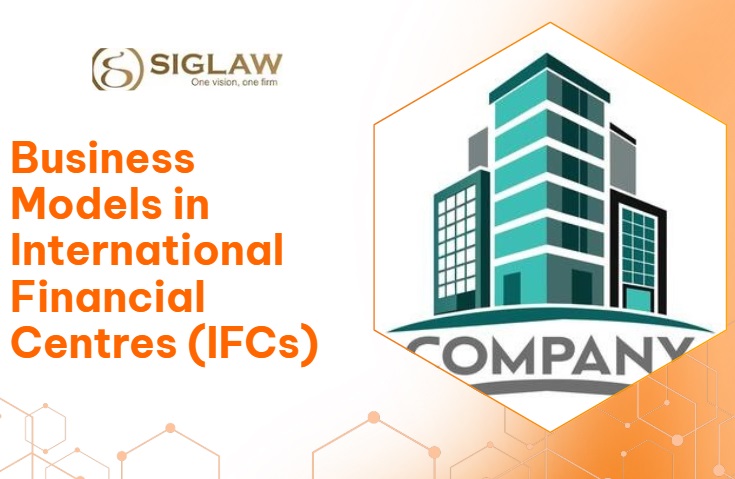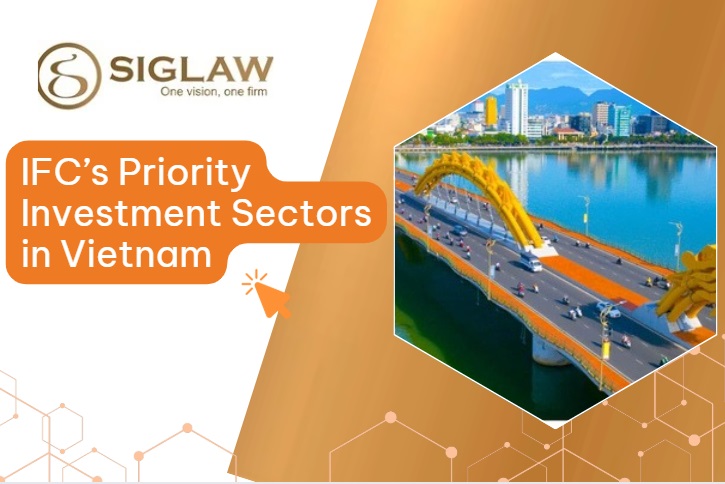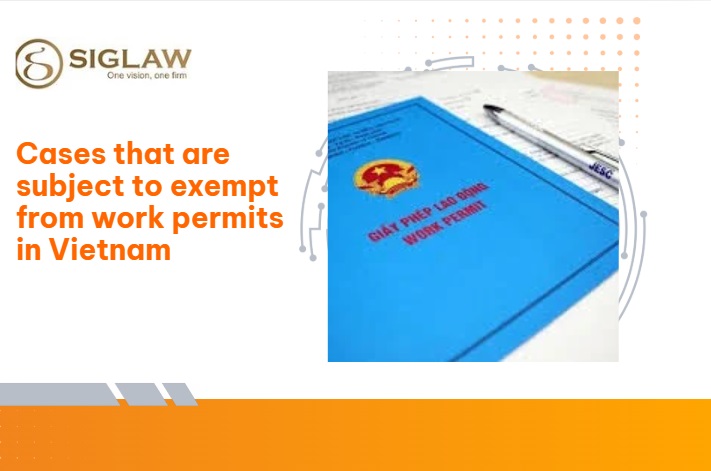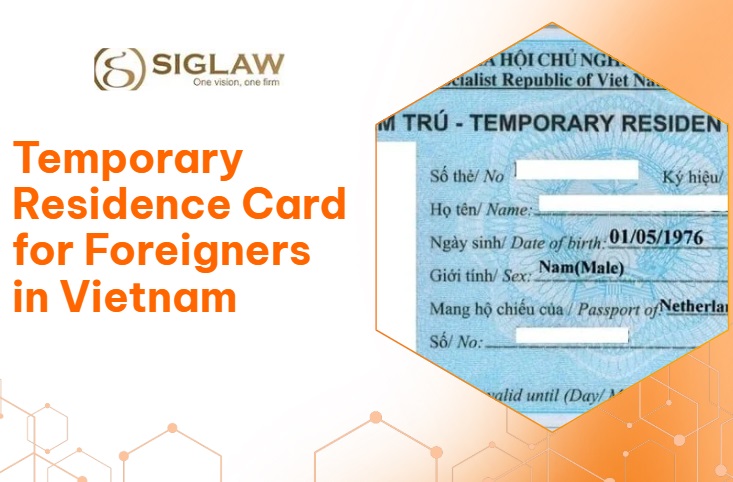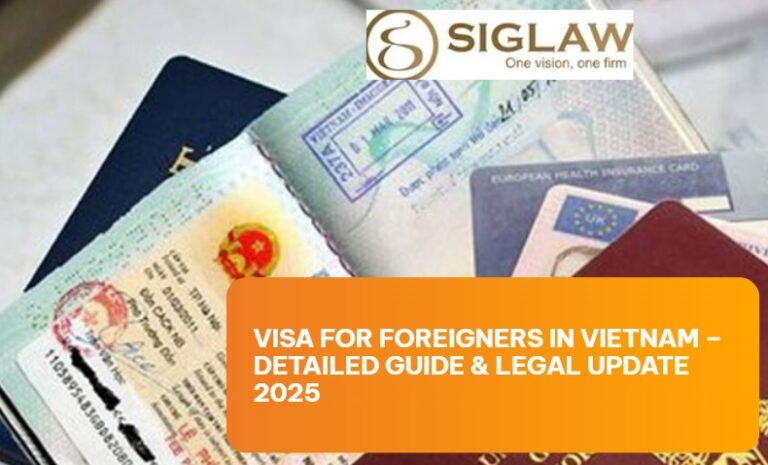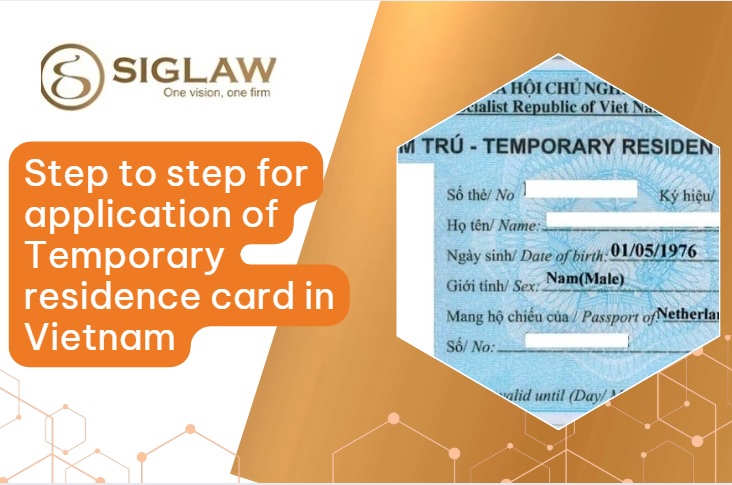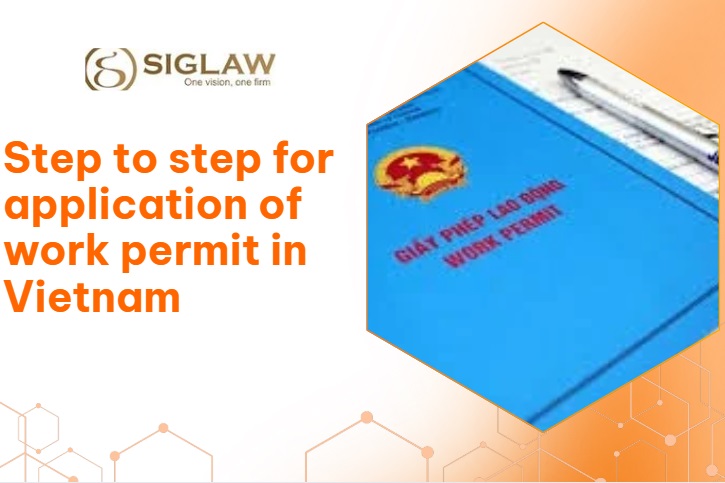Foreign investment capital typically flows into industrial parks and export processing zones. Foreign enterprises must ensure the conditions, documentation, and related procedures when establishing FDI enterprises in industrial parks or export processing zones.
CONDITIONS FOR ESTABLISHING FDI ENTERPRISES IN INDUSTRIAL PARKS AND EXPORT PROCESSING ZONES
An industrial park is an area with a defined geographical boundary, specializing in producing industrial goods and providing services for industrial production. Industrial parks include three types: Export processing zones, supporting industrial parks and ecological industrial parks.
Thus, according to the above division, export processing zones are one of the types of industrial parks. According to the definition of an export processing zone specified in Clause 10, Article 3, Investment Law 2014, an export processing zone is an industrial park specialized in manufacturing exported products or providing services for manufacturing exported products and export.
Industrial parks and export processing zones are all areas eligible for investment incentives in accordance with current law. Accordingly, businesses operating in this area will enjoy special incentives from the State for business development. Along with these incentives, businesses must undergo a slightly different registration procedure than outside businesses.
In Decree 82/2018/ND-CP, there are specific regulations on the conditions for establishing FDI enterprises in industrial parks and export processing zones as follows:
- Export processing enterprises must be separated from normal enterprises by a system of fences and separate entrances.
- All manufactured goods must be 100% exported abroad.
- Ensure inspection and supervision conditions for customs and functional agencies. Many customs departments require export processing enterprises to install surveillance cameras connected to customs.
- There must be a written consent from the customs on the approval of the establishment of FDI enterprises in industrial parks or export processing zones.
- Export processing enterprises are entitled to purchase building materials, stationery, food, foodstuffs, and consumer goods from inland Vietnam to construct works and serve the operation of the office apparatus and daily activities of officials and workers there.
Export processing enterprises and sellers to export processing enterprises may choose to carry out or not carry out export and import procedures for building materials, stationery, food, foodstuffs, and consumer goods from inland Vietnam.
- Customs procedures, customs inspection, and supervision for exported and imported goods of export processing zones and export processing enterprises shall comply with the law on customs.
- The exchange of goods between export processing zones, export processing enterprises, and other areas in the territory of Vietnam, which is not a non-tariff zone, is an import and export relationship, except for the cases specified in Clause 3 of this Article and cases of non-customs procedures that the Ministry of Finance shall prescribe.
Export processing enterprises may sell into the domestic market their liquidated assets and goods according to the provisions of the law on investment and trade. At the time of sale or liquidation to the domestic market, no policy on the management of exported or imported goods shall apply unless the goods are subject to management according to conditions, standards, and a specialized inspection has not yet been carried out; goods under the management of a license must be approved in writing by the import licensing agency.
DOSSIER AND PROCEDURES FOR ESTABLISHING FDI ENTERPRISES IN INDUSTRIAL PARKS AND EXPORT PROCESSING ZONES
The establishment of FDI enterprises in industrial parks and export processing zones will differ from establishing a normal foreign-invested investment project, which requires registration for approval of investment policies and a competent authority to issue an investment certificate. Basically, the order of establishing FDI enterprises in industrial parks and export processing zones includes the following steps:
Step 1: Register for approval of investment policy with the Competent Authority
Depending on the nature, scale, and different projects, the National Assembly, the Prime Minister and the provincial People’s Committee have the authority to approve the investment policy. Most cases where foreign investors apply for investment policies to establish FDI enterprises in industrial parks and export processing zones are under the authority of the Provincial People’s Committee.
Step 2: Apply for an Investment Registration Certificate
Licensing agency: Management board of industrial parks and export processing zones
Estimated implementation time: 15 working days from the date of receipt of complete documents
Dossier includes:
- A written request for the implementation of an investment project;
- Documents on investor’s legal status;
- Documents proving the financial capacity of the investor include at least one of the following documents: financial statements of the last two years of the investor; commitment to the financial support of the parent company; financial institution’s commitment to financial support; guarantee on the financial capacity of the investor; other documents proving the financial capacity of the investor;
- An investment project proposal includes the following main contents: Investor or investor selection form, investment objective, investment scale, investment capital and capital mobilization plan, location and time deadline, implementation progress, information on the current status of land use at the project site and proposed land use demand (if any), labor demand, a proposal for investment incentives, impact activities, socio-economic efficiency of the project, and a preliminary assessment of environmental impacts (if any) in accordance with the law on environmental protection;
- If the construction law provides for the preparation of a pre-feasibility study report, the investor may submit a pre-feasibility study report instead of the investment project proposal;
- The explanation of the technology used in the investment project, for the project subject to appraisal and consultation on technology, in accordance with the law on technology transfer;
- BCC contract for investment projects in the form of a BCC contract;
- Other documents related to the investment project, conditions, and capacity of the investor as prescribed by law (if any).
Step 3: Establish FDI enterprises in industrial parks and export processing zones
Licensing agency: Department of Planning and Investment
Implementation time: 03 working days
Dossier includes:
- Application for Enterprise Registration Certificate;
- Company charter;
- List of members (For limited liability companies with two or more members), List of shareholders (For joint stock companies)
- Copies of legal papers of individuals or organizations contributing capital to establish FDI enterprises in industrial parks or export processing zones;
- Copy of Investment Registration Certificate in the industrial park, export processing zone;
- Copy of legal documents of the legal representative.
Step 4: Engrave the seal of the legal entity
After establishing an FDI enterprise in an industrial park or export processing zone, it is necessary to engrave the seal. According to the Enterprise Law 2020 provisions, enterprises do not need to notify the National Business Registration Portal seal sample but can use it immediately.
Step 5. Open a direct investment account
According to the provisions of the Enterprise Law, foreign investors need to contribute capital within 90 days from the date of being granted the Enterprise Registration Certificate. As a result, investors must register an account to transmit direct investment funds immediately after establishing an FDI company in an industrial park or export processing zone.
Step 6. Complete the post-establishment procedures
After establishing an FDI enterprise in an industrial park or an export processing zone, the investor will then carry out the procedures for registration to purchase digits, pay license tax, declare license tax, issue invoices, and declare tax. …
In addition, export processing enterprises are manufacturing enterprises for export purposes, so they also need to build factories and production workshops, install machinery and equipment, prepare houses for employees, etc. Export processing plants must fully satisfy the conditions specified in Decree 82/2018 ND-CP on managing industrial parks and export processing zones.
INCENTIVES FOR ENTERPRISES ESTABLISHED IN INDUSTRIAL PARKS AND EXPORT PROCESSING ZONES IN VIETNAM
Incentives on corporate income tax
According to the provisions of Clause 4, Article 19 of Circular 78/2014/TT-BTC, if an FDI enterprise is established in an industrial park or an export processing zone, it is entitled to a preferential tax rate of 17% within ten years (for projects new investment from January 1, 2016).
Besides, according to Article 6 of Circular 151/2014/TT-BTC, export processing enterprises are also entitled to tax exemption for the first two years and a 50% reduction of payable tax for the next four years, except for the case of export processing enterprises located in the inner city district of a special urban area. Cities of grade I are directly under the central government, and urban centers of grade I are directly under the province.
Preferential land use fee
According to the provisions at point b, Clause 3, Article 19 of Decree No. 46/2014/ND-CP, investment projects establishing FDI enterprises in industrial parks and export processing zones are exempted from land rental for 07 years.
Import and export tax incentives
According to the 2016 Import and Export Tax Law provisions, the trading relationship between industrial parks, export processing zones, and foreign countries will not be subject to import or export tax. In addition, export processing enterprises can also enjoy incentives depending on the specific policies of each province and city.
For a free consultation on the establishment of FDI enterprises in industrial parks and export processing zones in a comprehensive manner, please contact Siglaw Firm.
Head office in Hanoi City: No.44/A32-NV13, Gleximco A, Le Trong Tan Street, Tay Mo Ward, Ha Noi.
Email: vphn@siglaw.com.vn
Branch in the South: No.103 – 105 Nguyen Dinh Chieu Str., Xuan Hoa Ward, Ho Chi Minh.
Central Branch: VIFC DN – ICT Building Software Park No. 2, Nhu Nguyet Street, Hai Chau Ward, Da Nang City
Email: vphcm@siglaw.com.vn
Hotline: 0961 366 238



